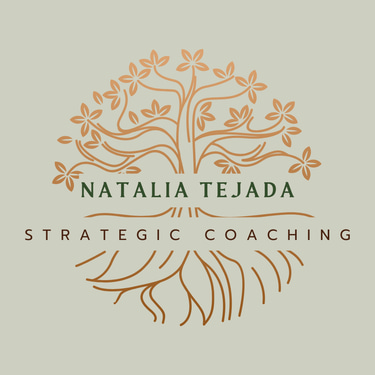Strategic Problem Solving: A Human-Centered Approach to Organizational Change
Change is an essential part of growth — yet in organizations and personal development, even necessary change can feel challenging. Human beings naturally seek stability, routine, and familiarity; shifting behaviors, decisions, or systems often invites resistance, not from unwillingness, but from the instinct to protect what feels known and safe.
The Strategic Problem Solving methodology, rooted in the Brief Strategic tradition of the Palo Alto School and advanced by Giorgio Nardone and Paul Watzlawick, provides a proven pathway to navigate that reality with intelligence, empathy, and measurable results. Rather than analyzing the past, this method focuses on how challenges function today — and uses strategic, targeted steps to create meaningful and sustainable progress.
Why It Works
This approach blends psychological insight with structured strategy. It embraces the human experience of change and guides individuals and organizations through a clear, empowering, and efficient process that translates intention into action.
By working with — rather than against — natural resistance, progress becomes steady, grounded, and sustainable.
Text adapted from a journal article I co-authored with my father, Fabio Tejada.
Tejada Vargas, Natalia, and Fabio Tejada Losada. “Strategic Problem Solving, a tool for managing organizational changes.” Signos, vol. 3, no. 1, 2011, pp. 95-105, https://www.researchgate.net/publication/294117977_El_Problem_Solving_Estrategico_herramienta_para_gestionar_el_cambio_en_las_organizaciones
What This Approach Offers
Clear understanding of the challenge
We examine how the problem operates in real time, opening new perspectives and avoiding assumptions.
Shared and concrete goals
We define a future vision that is specific, achievable, and meaningful — increasing alignment and motivation.
Awareness of attempted solutions
We identify what has already been tried and redirect ineffective efforts to avoid repeating the same cycles.
Strategic techniques that unlock movement
Exploring how to make the problem worse to reveal hidden dynamics
Envisioning life beyond the problem to anchor change in possibility
Breaking objectives into strategic micro-steps to manage resistance and build confidence
Continuous refinement and learning
As change unfolds, we observe, adjust, and refine — ensuring movement stays aligned with your goals and context.


